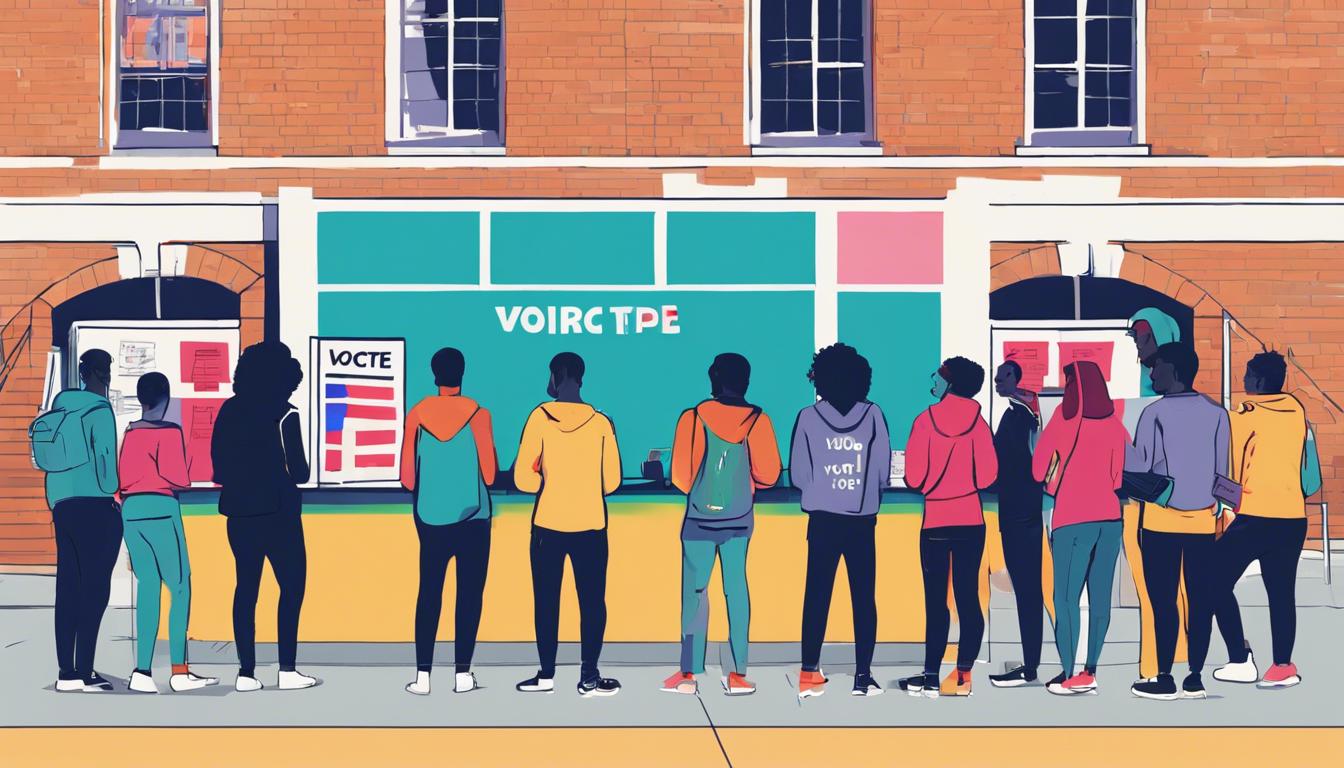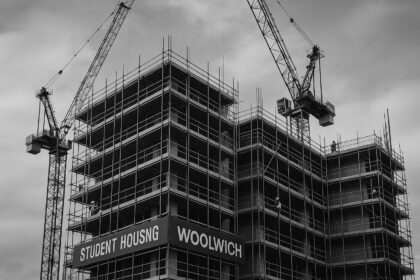Voters across England and Wales will head to the polls on May 2, 2024, to elect local councillors, mayors, and police commissioners, marking key elections that test public opinion on local and national governance amid rising voter registrations and new electoral processes.
Local elections in the UK are scheduled for May 2, 2024, impacting numerous local authorities and leadership positions across England and Wales. Voters will choose councillors in 107 local authorities and elect the Mayor of London, members of the London Assembly, and 10 mayors outside London. Additionally, 37 police and crime commissioners are up for election in England and Wales.
Eligibility to vote requires individuals to be 18 or older, registered at an address within the election area, and to meet citizenship requirements. Voting can be done in person, by mail, or via a proxy. This year marks the first time mayors and police and crime commissioners will be elected using a first-past-the-post system.
The local councils involved oversee essential public services like elder care, road maintenance, and waste collection. The elections are seen as a potential indicator of the government’s popularity and a public response to councils’ financial challenges and service cuts.
In light of financial difficulties with local governance, a significant call for reform has been noted, with eight councils having declared insolvency since 2018. Labour leader Sir Keir Starmer has proposed devolution as a solution to revitalise local democracy.
A related concern is the disillusionment among young voters. Research by Opinium indicates that nearly half of 18 to 24-year-olds feel their vote does not impact outcomes, correlating with low trust in politicians. Campaigns like My Life My Say’s Give an X have been launched to increase youth voter registration and participation, emphasising the influence of young voices in shaping democracy.
Ahead of the elections, there has been a noted surge in voter registrations. The Electoral Commission reports approximately 44 million eligible voters, with around seven million either not correctly registered or absent from the electoral roll. A new requirement for this election is that voters need to present photo identification at polling stations, with provisions made for those needing a voter authority certificate.
The election outcomes, particularly in high-focus areas like London and Greater Manchester, are anticipated to provide a clearer insight into the public sentiment towards current local administration and broader national governance. Results are expected to start being announced overnight following the close of polls on May 2.













